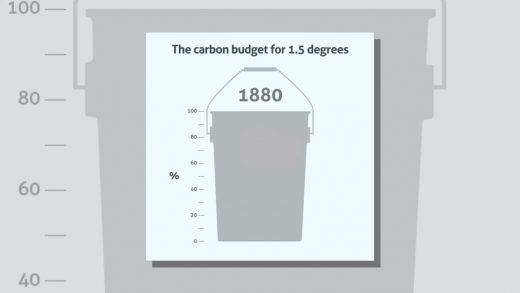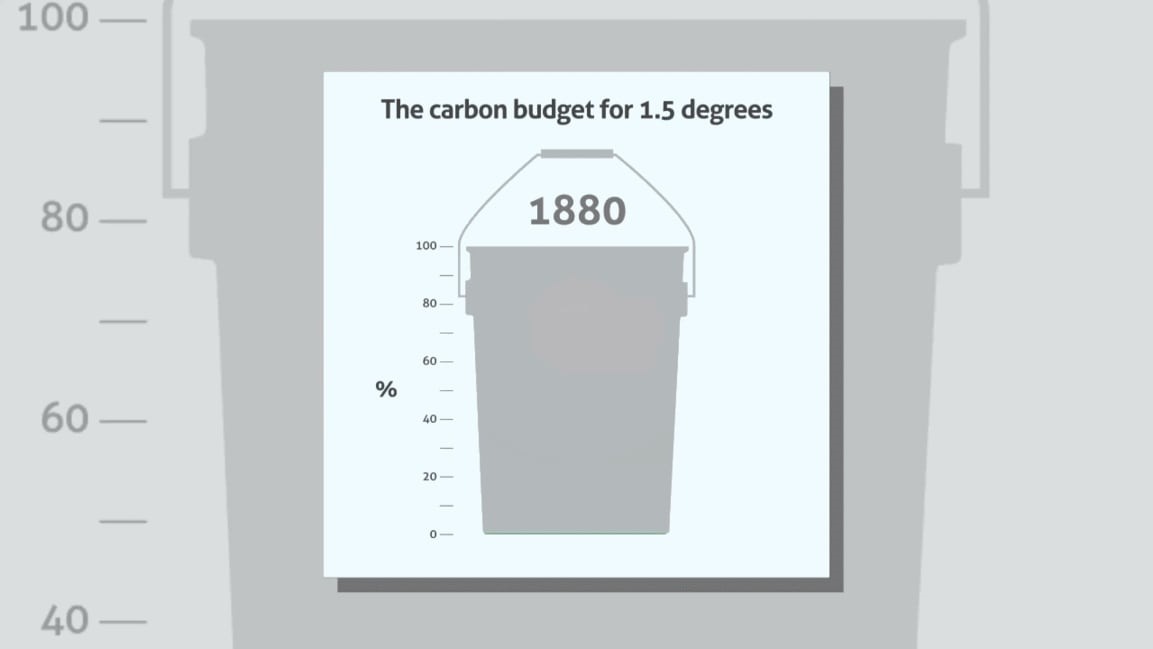Despite the record drop in CO2 emissions, we’re still almost over our carbon budget
When the first COVID-19 lockdowns began in March, it quickly became clear that the grounded planes, stopped commutes, and closed business operations would have some effect on our global carbon emissions. Now, as the year comes to a close, researchers can see how deep the effects were: lockdowns caused CO2 emissions to drop an estimated 2.4 billion tonnes.
That decline is larger than any previous significant emission decrease, according to experts with the University of East Anglia, University of Exeter, and the Global Carbon Project. The figure comes from this year’s Global Carbon Budget, an annual update on the state of carbon dioxide in our atmosphere produced by the Global Carbon Project, which encompasses at least 76 scientists from 57 research institutions in 15 countries.
Of all the emissions-producing activities, pandemic lockdowns affected transportation the most. CO2 from surface transport, such as car trips, fell by half at the peak of lockdowns, and by December, road transport emissions were still down 10% compared to 2019 levels, and aviation by 40%.
Emission drops were also bigger in the U.S., European Union countries, and the United Kingdom (down 12%, 11%, and 13%, respectively), while emissions from China dropped just 1.7%. That’s due in part to the fact that the U.S. and EU countries had already scaled back their coal use, which decreased emissions, the researchers say. In India, fossil CO2 emissions are projected to drop 9%. While pandemic restrictions did lower emissions in China, that happened at the same time that emissions overall in the country were increasing (China also controlled infections within its borders much faster). In the rest of the world—where, like China, emissions were trending upward before the pandemic—the emissions drop is projected to be just 7%.
This 2.4 billion tonne drop is a bit less than what an International Energy Agency report predicted in April, which estimated global CO2 emissions would fall by nearly 2.6 billion tonnes. Still, researchers involved in both reports emphasized that this drop in emissions can skew the bigger picture: We still added carbon to our atmosphere this year. The bucket, a visual metaphor for the amount of carbon that can fit in our atmosphere, is rapidly nearing full. All the pandemic decreases still account for only a 7% drop in global fossil CO2 emissions compared to 2019, according to the Global Carbon Project. We’ve still put 34 gigatonnes of carbon dioxide from fossil fuels into our atmosphere. When we add in the CO2 emissions from land-use change, such as cutting down forests for agriculture, that total rises to 39 gigatonnes of CO2 from human activity in 2020.
As researchers said at the beginning of the pandemic, the lockdowns are a big enough change to curb the effects of climate change, and emissions might rise again as the economy improves. The Global Carbon Project researchers say it’s too early to know how much those emissions will rebound in 2021 (and beyond), but whatever happens is sure to be affected by the actions governments take to recover from the pandemic.
(12)



